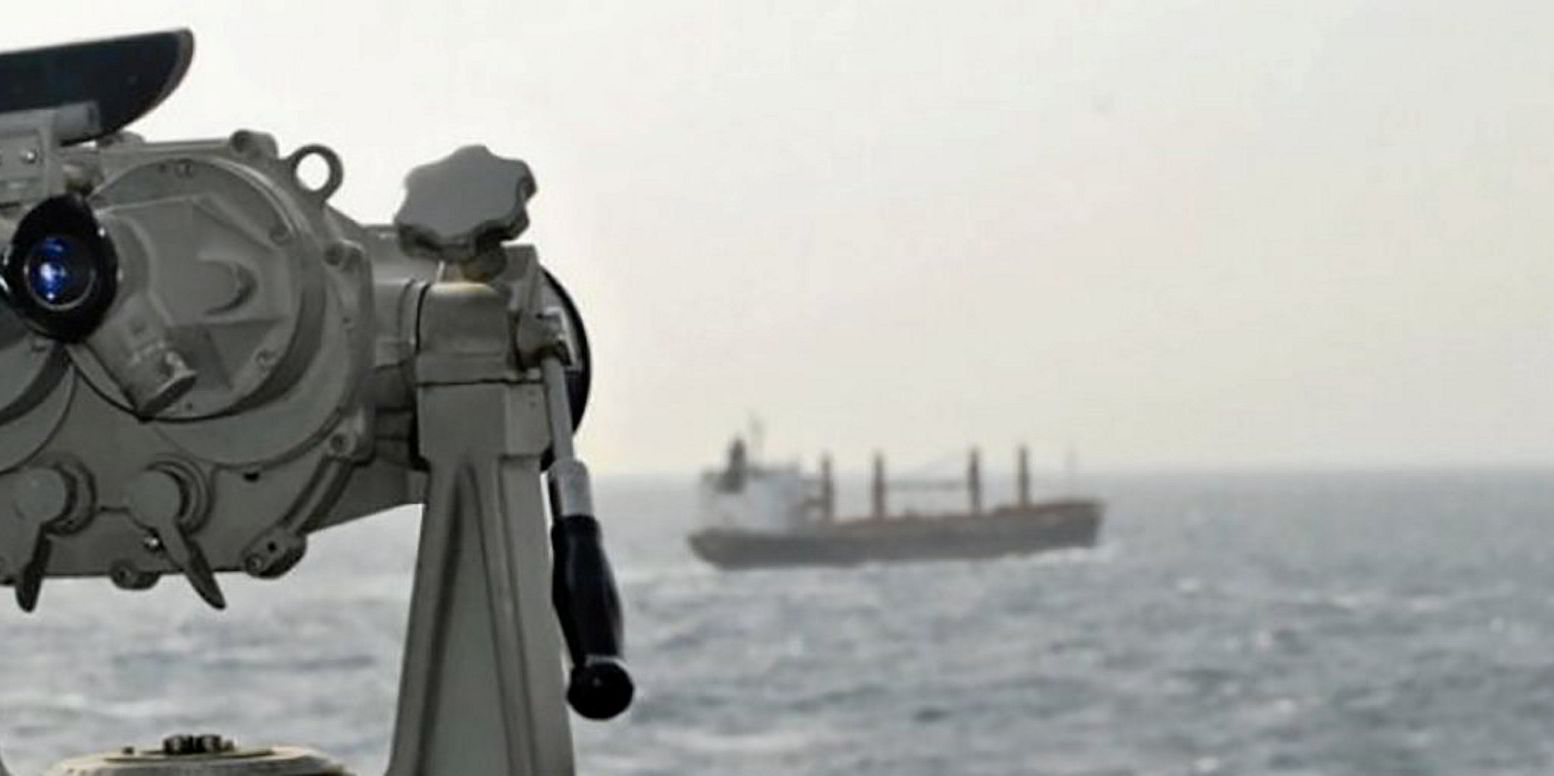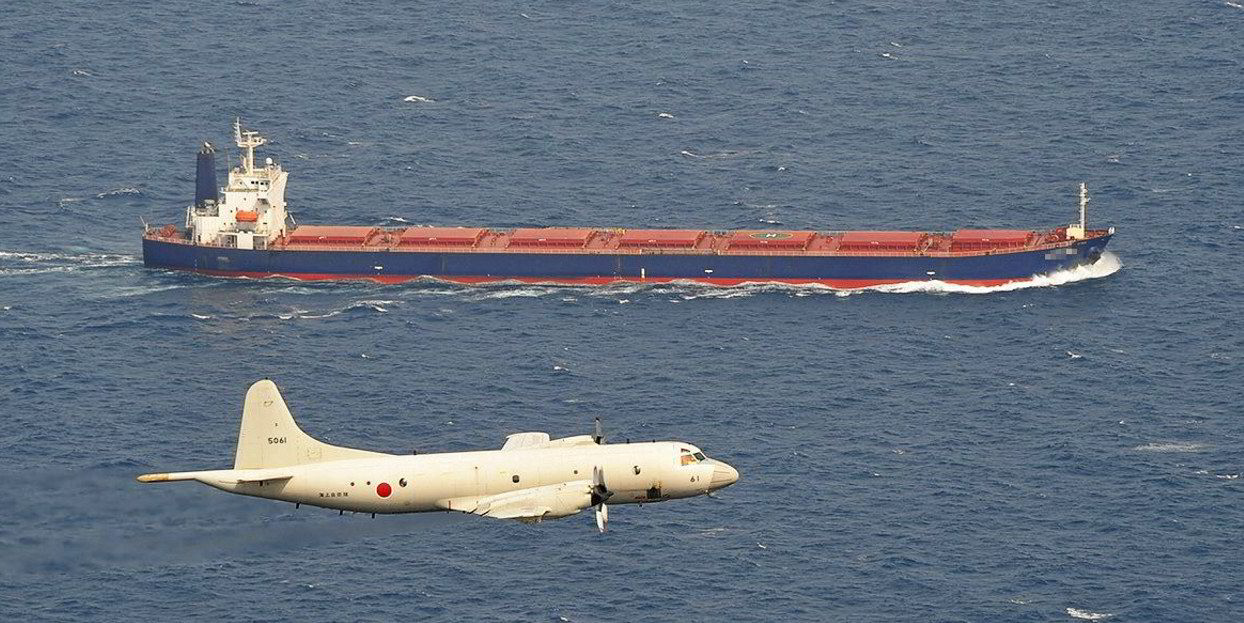Maritime security consultancy Dryad Global has warned of heightened security risks for tankers carrying out ship-to-ship (STS) transfers in West African waters.
Major trading houses have been increasingly using suezmax and VLCC newbuildings as temporary floating storage facilities for refined products off Togo this year.
Smaller product tankers regularly transport those products to African and South American destinations following STS operations, according to ship-tracking data.
But Dryad analyst Casper Goldman told TradeWinds that such process is “especially” vulnerable to maritime crime and piracy.
“With a recent increase in reporting of incidents westwards from the Nigerian territorial waters, the risk of a kidnap for ransom attack is heightened in Togolese waters,” he said.
“STS operations require vessels to remain at the same position for a sustained period at zero knots, which makes them an opportune target for pirates aiming to board a vessel to abduct crew for ransom.”
Clean oil transferred by hose is highly flammable, and Goldman suggested pirates could potentially create more damage during their attacks.
Figures from the International Chamber of Commerce’s International Maritime Bureau showed the Gulf of Guinea accounted for all 50 reported incidents of kidnapping at sea between January and June.
The bureau said overall, piracy was at a 27-year low. But the Gulf of Guinea was still where 32% of the 68 piracy and armed robbery incidents occurred in the first half of 2021.
In June, Nigeria launched the $195m anti-piracy Deep Blue Project, deploying hundreds of personnel and dozens of ships and aircraft to protect Nigerian territorial waters and exclusive economic zone.
The project’s supporters believe its benefits can be felt in the Gulf of Guinea. Goldman suggested that operators of vessels in STS operations can also arrange for onboard armed guards via the Togolese Navy.
Moreover, he said vessels should secure access to the superstructure, adopt robust watch procedures, day and night, and invest in basic hardening measures such as barbed wire and anti-piracy barriers.
“Crew should be conscious of the effects of maintaining heightened awareness and the potential impact of losing vigilance when on watch,” he said.
“Crew should have also rehearsed emergency stop and cast-off procedures, especially when operating at night.”






